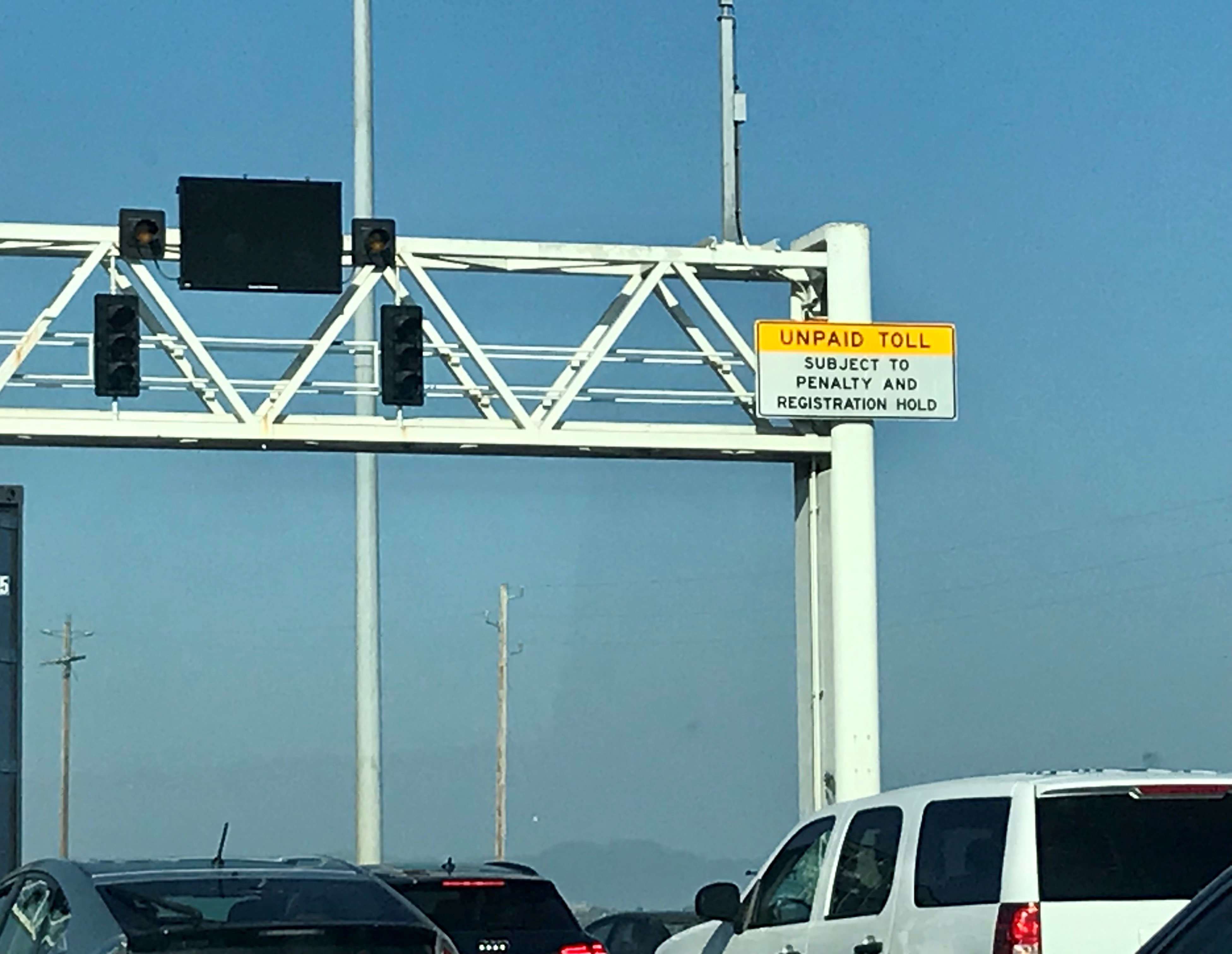
After today’s concurrence vote by the California State Assembly, drivers may soon see changes to the way late fees and penalties are assessed on unpaid tolls. AB 2594 by Assemblymember Phil Ting (D-San Francisco) is now headed to the Governor, who will consider whether to bring more fairness and equity into the way outstanding toll charges are handled.
“While I applaud the use of technology for toll payments, we’ve disproportionately impacted drivers who don’t have debit or credit cards. The fines and penalties imposed on unpaid tolls can total more than a ticket for traffic violations,” said Ting. “We shouldn’t saddle Californians with unrelenting debt just for going to work.”
The issue came to light most prominently in the Bay Area where bridge toll collectors were removed to minimize person-to-person contact, as the pandemic began. Drivers could pay either electronically with a FasTrak or be mailed an invoice they can pay online, if they don’t have a transponder. Turns out, this cashless option can be costly.
Under current law, toll agencies can charge up to $100 for the first violation for late payments; $250 for the second; then $500 for each additional violation within one year. So, it’s easy to see how a $6 or $7 bridge toll, for instance, can balloon to hundreds, and sometimes thousands of dollars, after late fees and penalties are assessed multiple times. One Alameda County resident owes more than $30,000 – 90% of it are attributed to penalties.
To make matters worse, unbanked individuals who don’t have a way to pay invoices online also have no in-person options. In fact, of the 5.1 million second notice violations sent out between January 1 and August 31, 2021, only 12% of them were paid, according to the Metropolitan Transportation Commission (MTC).
A recent report by SPUR found the biggest financial burden tends to fall on lower-income drivers and Bay Area neighborhoods with substantial populations of people of color and non-English-speaking residents.
AB 2594’s goals are two-fold: relief and reform. First, it creates an avenue for income-eligible drivers to eliminate their toll debt. The nonpayment must have occurred while crossing a Bay Area bridge from March 20, 2020 through December 31, 2022 and the actual tolls are required to be paid before the remaining penalties and late fees can be waived. The application process would begin July 1, 2023 and end September 30, 2024.
Secondly, to prevent similar problems in the future, toll agencies statewide overseeing toll roads, highways express lanes and bridges must implement the following reforms:
- Offer a cash-payment option with no additional fees
- Cap fines for toll violations and late payments
- Establish payment plans for fines and penalties
- Set a minimum time period to pay fines before car registration is suspended for nonpayment
MTC and the Bay Area Toll Authority (BATA) have taken recent steps to reduce fines and create equity.
"We greatly appreciate Assemblymember Ting's leadership," said Napa County Supervisor Alfredo Pedroza, who also serves as Chair of the Metropolitan Transportation Commission and the Bay Area Toll Authority. "He deserves a lot of credit for crafting a bill that recognizes the increasingly important role tolls play in our state’s transportation system, while also ensuring all toll agencies across the state offer low-income motorists the ability to set up payment plans for penalties owed when tolls aren’t paid on time. Just as all drivers accept responsibilities, BATA has a responsibility for careful stewardship of the Bay Area's state-owned toll bridges and toll-funded projects. This bill finds the right balance, and we hope Gov. Newsom will sign it into law."
In addition, many drivers never receive their toll invoices in the mail because they’ve moved. A change of address with the DMV for a driver’s license does not automatically change the address on a car registration, which is used to send a toll bill. Ting’s legislation requires the DMV to notify people to change the address on their vehicle registration when they are doing so for their driver license. In addition, car rental agencies must also provide customers with information about toll agencies’ charges and payment options.
The Governor has until September 30th to act on AB 2594.